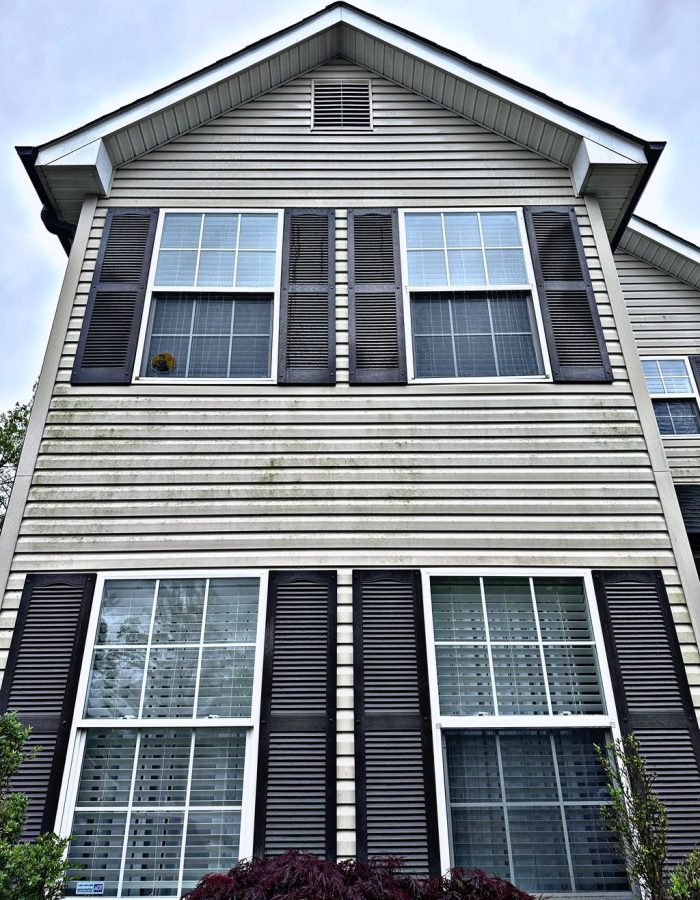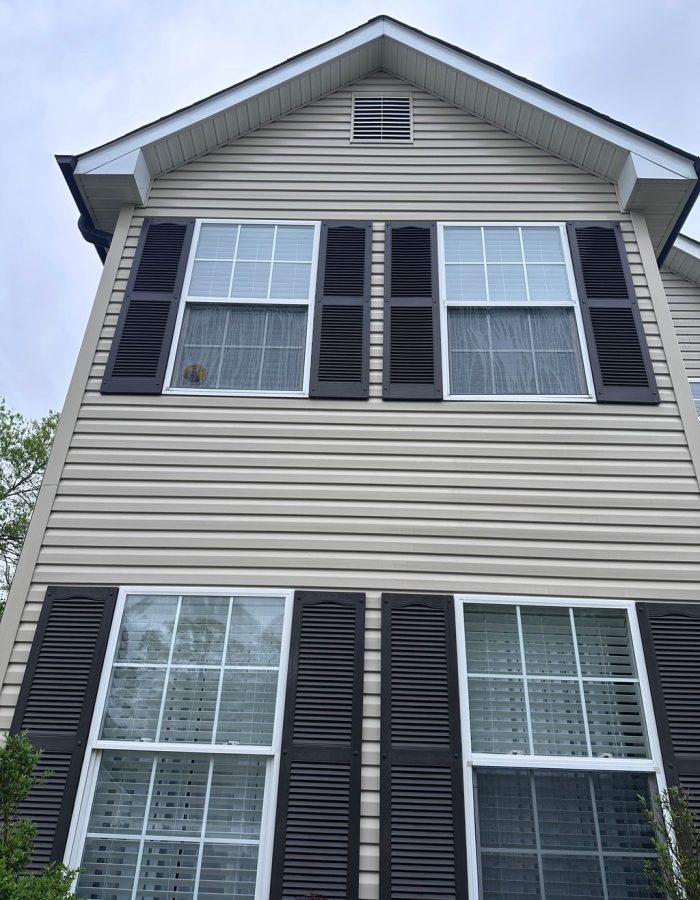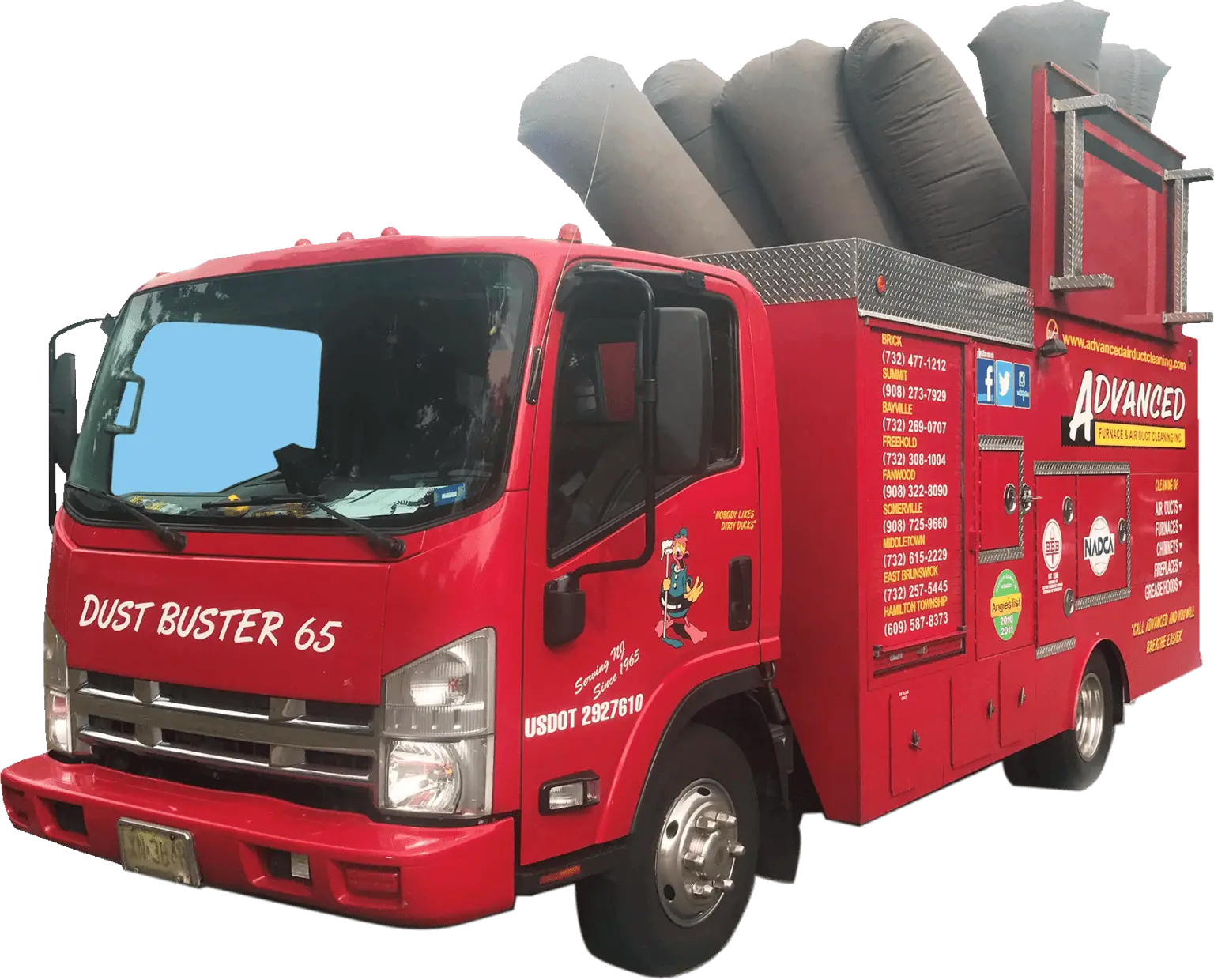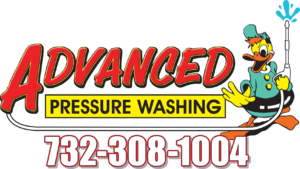10% OFF First Power Washing Service
- Houses
- Concrete
- Roofs
- Pavers
- Hardscape Walls
- Decks
- Railings
- Fences
- Solar Panels
- Gutter Brightening
Pressure Washing vs. Soft Washing: Which is the Right choice for You?
When it comes to cleaning your home or business’s exterior, two popular methods stand out: pressure washing and soft washing. While both techniques aim to leave your surfaces sparkling clean, they differ in their approaches and applications. Let’s explore the distinctions between pressure washing and soft washing to help you determine which option is best suited for your needs.
Pressure Washing
Pressure washing is a method of cleaning surfaces using a high-pressure water spray. It’s commonly used to remove dirt, grime, mold, mildew, and other unwanted substances from surfaces like buildings, sidewalks, decks, and vehicles. It’s effective for outdoor cleaning tasks and can save time compared to traditional cleaning methods. We pressure wash surfaces with a high PSI power washer for areas that need to be stripped of heavy dirt, grime or sealant by using a high temperature industrial machine. This machine ensures it’s cleaned properly; however, it’s important to use the appropriate pressure settings and techniques to avoid damaging surfaces or causing injury.
Soft Washing
Soft washing is a gentler alternative to pressure washing, particularly useful for delicate surfaces or those that can’t withstand high pressure. It involves using low-pressure water combined with specialized cleaning solutions to remove dirt, algae, mold, and other contaminants from surfaces. Soft washing is commonly used for cleaning materials like vinyl siding, stucco, wood, and roofs. We pretreat the area to loosen organic matter and use a high gallon per minute power washer to soft wash the surface to ensure removal without damage.
Choosing the right method
When deciding between pressure washing and soft washing, consider the surface material, its condition, and the level of cleaning required. If you’re dealing with tough stains on durable surfaces, pressure washing is likely your best bet. However, for more delicate materials or areas where a gentler approach is needed, soft washing offers a safe and effective solution.
view our gallery
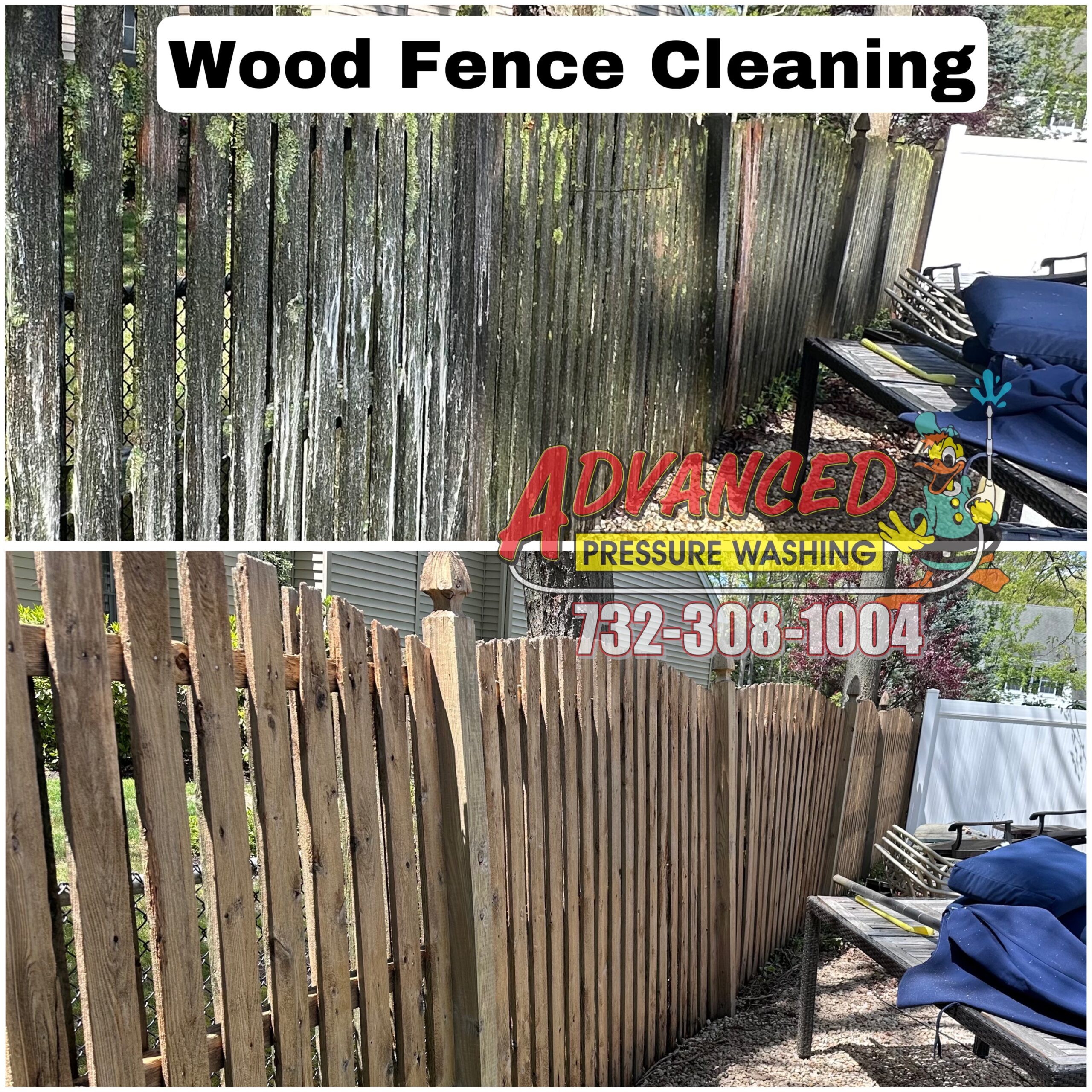
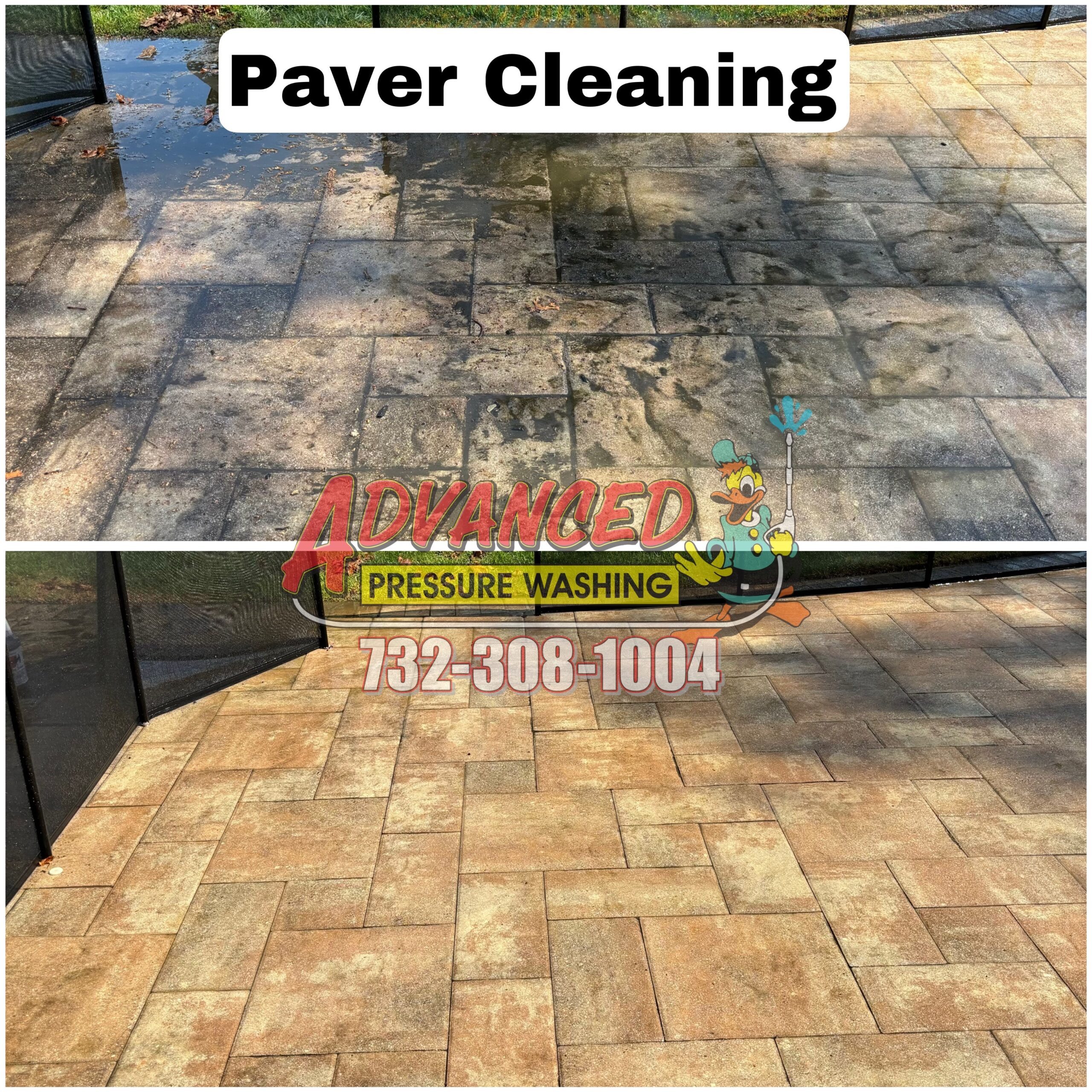
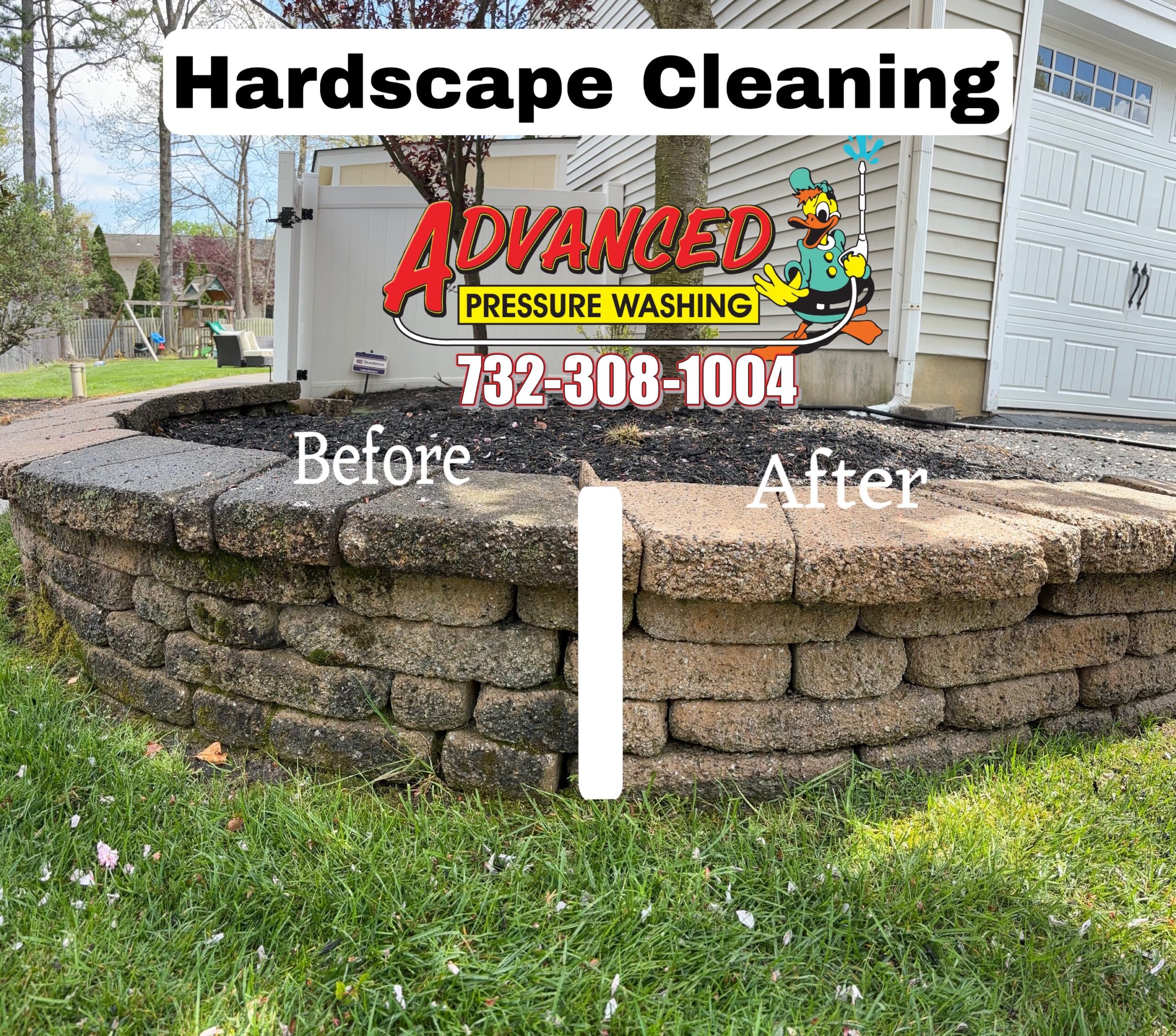
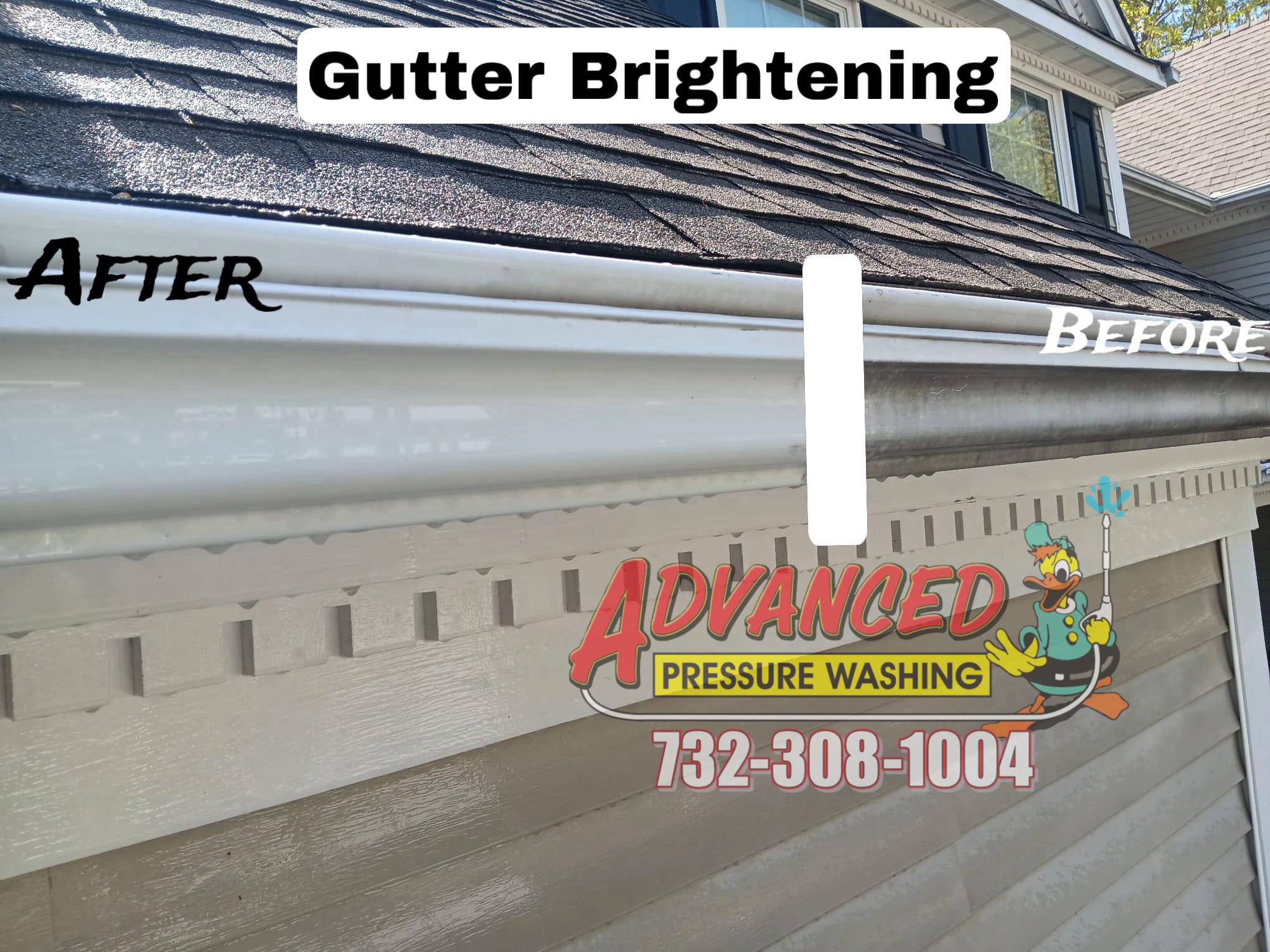
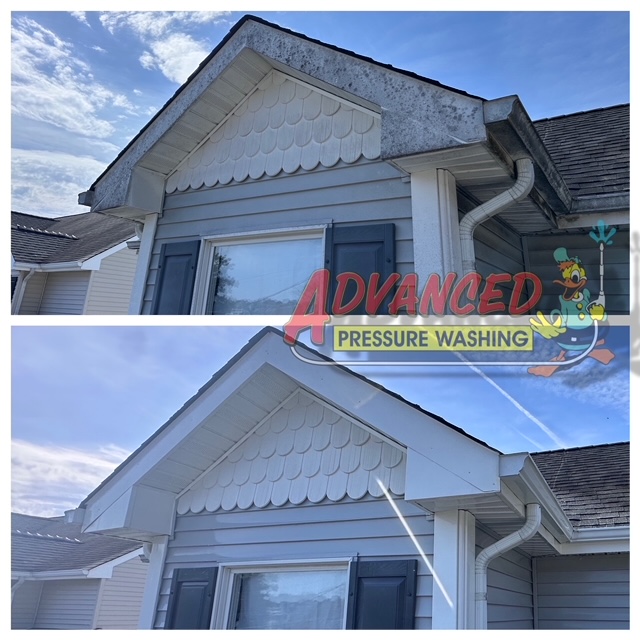
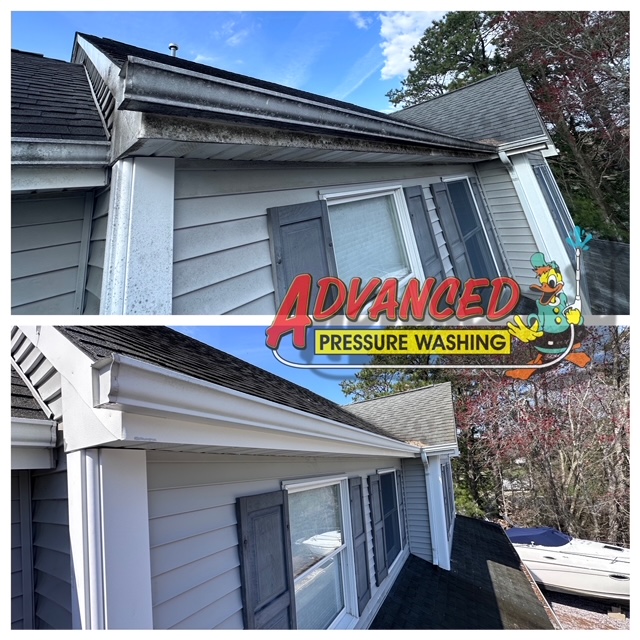
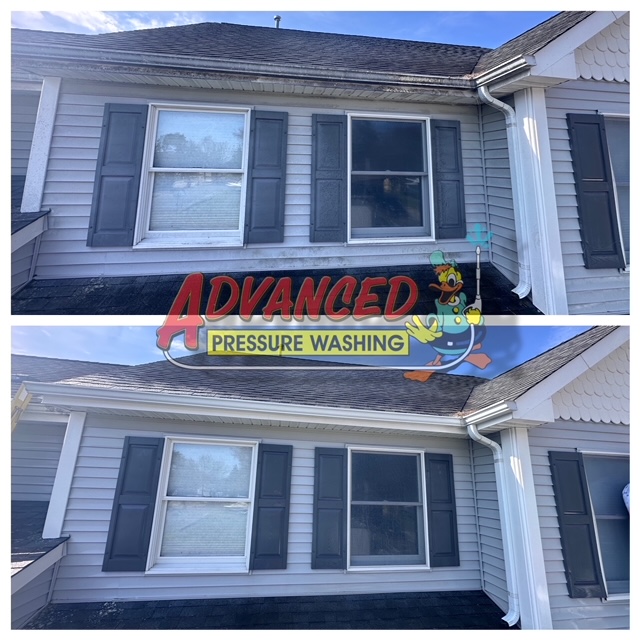
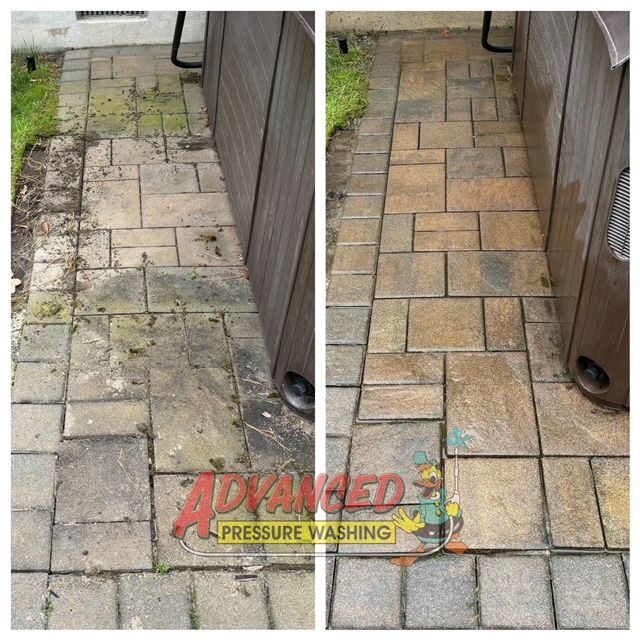
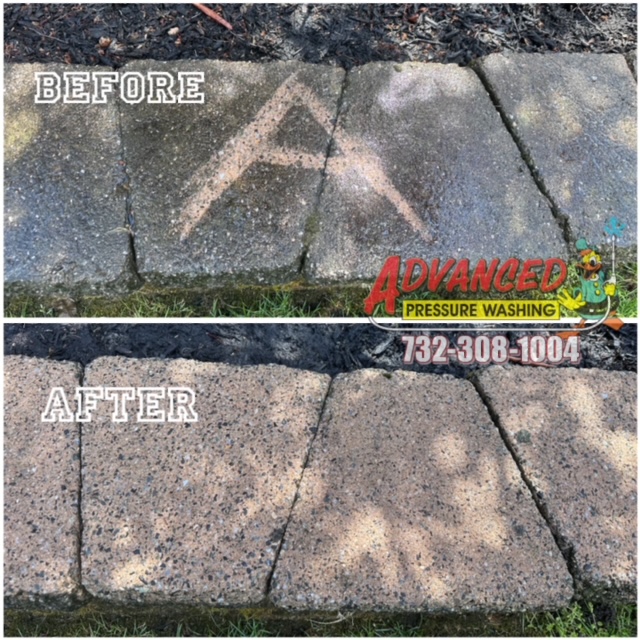
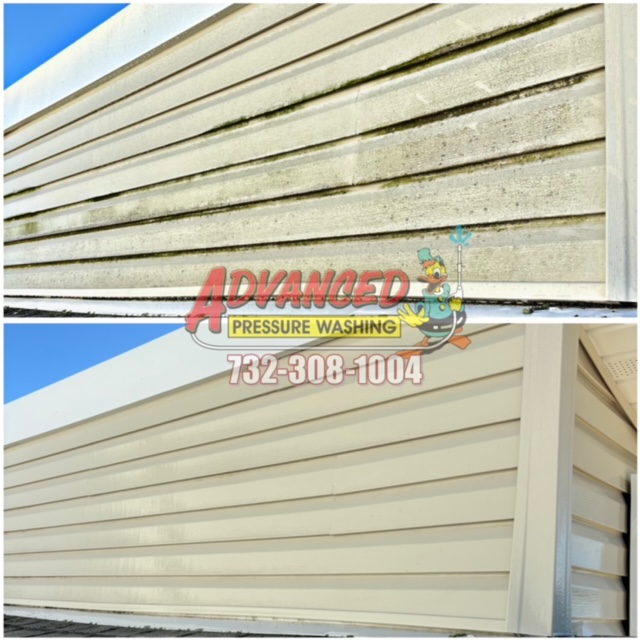
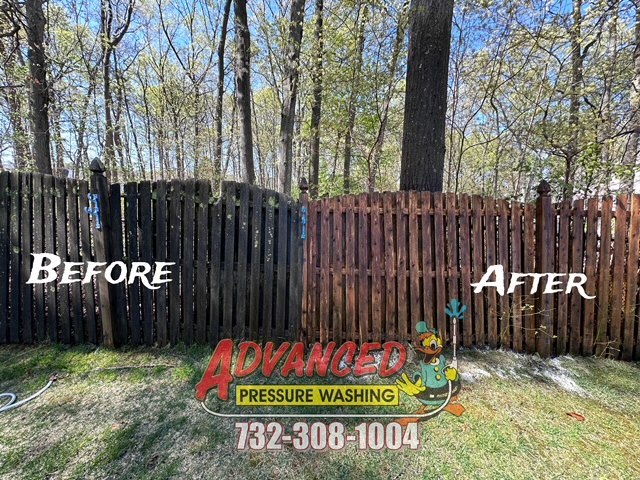
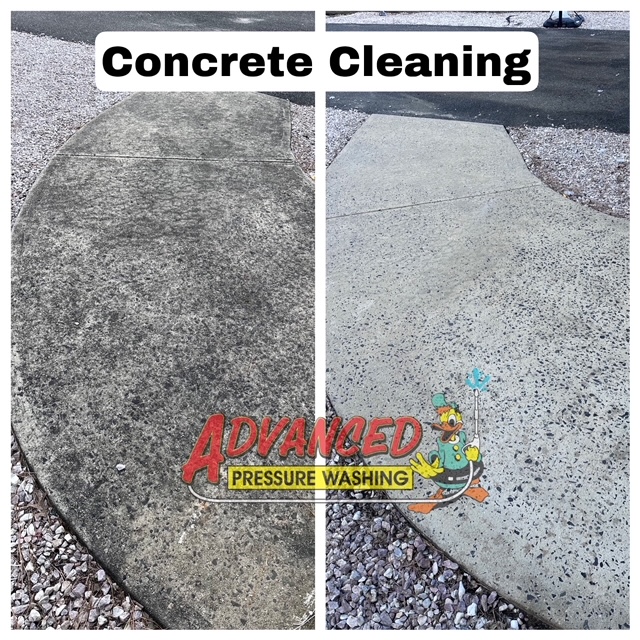
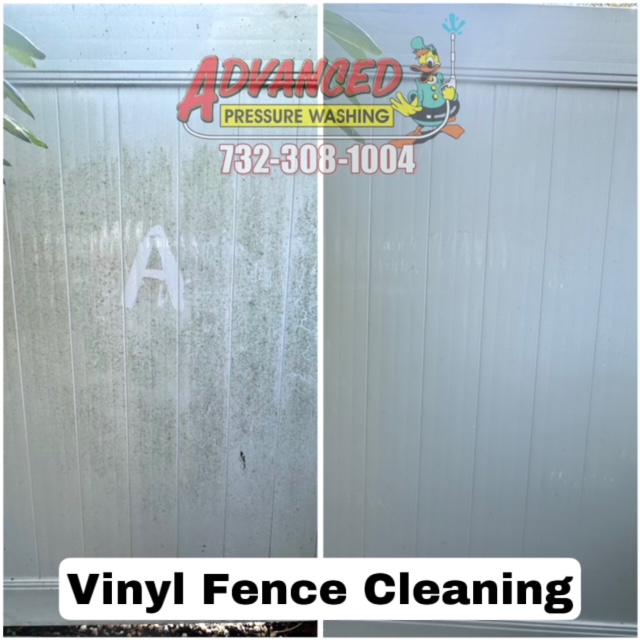
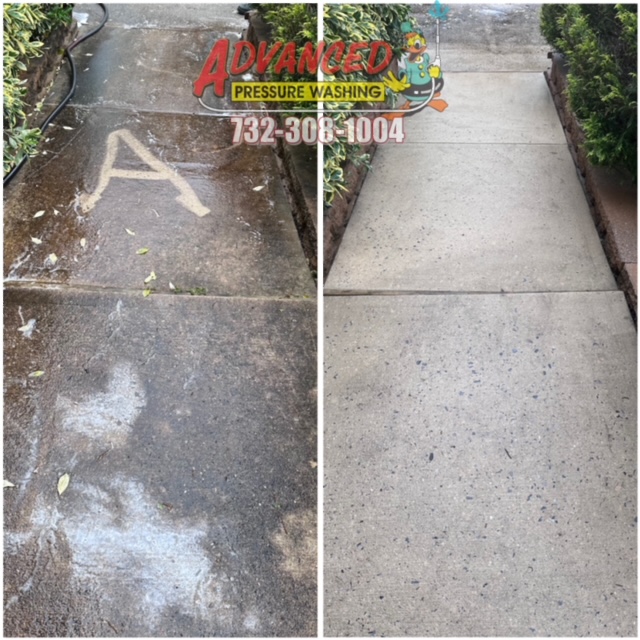
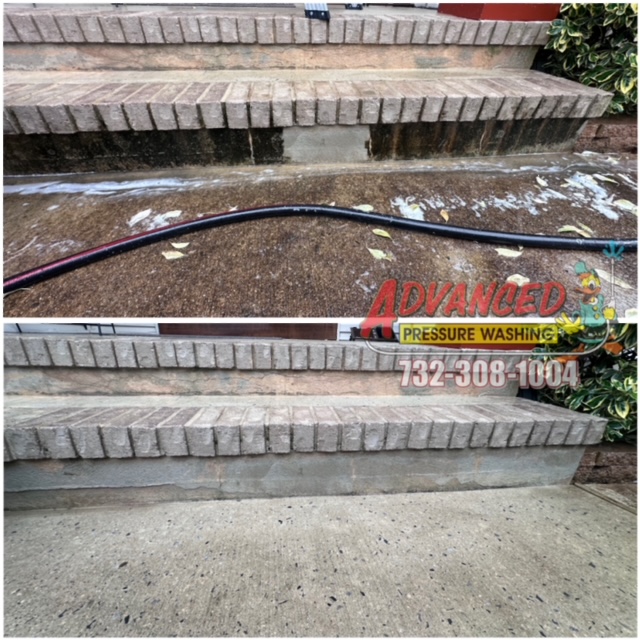
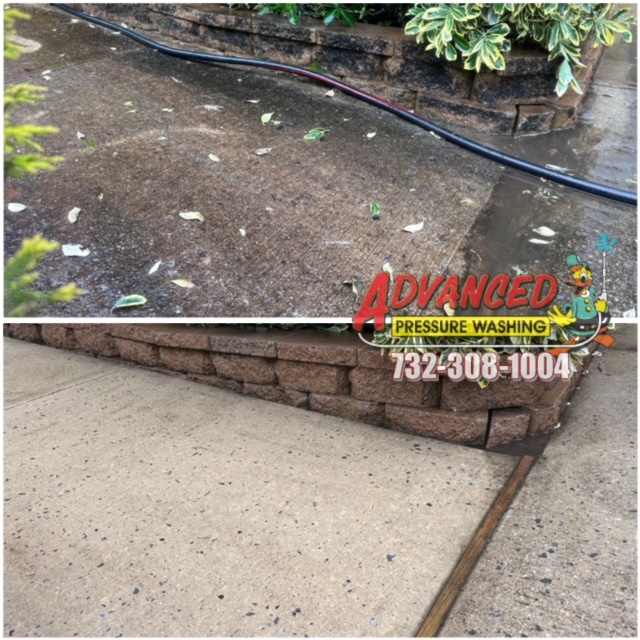
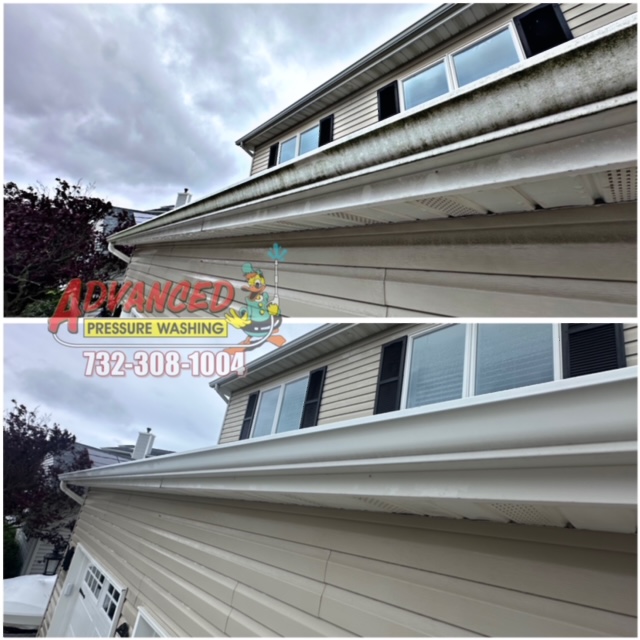
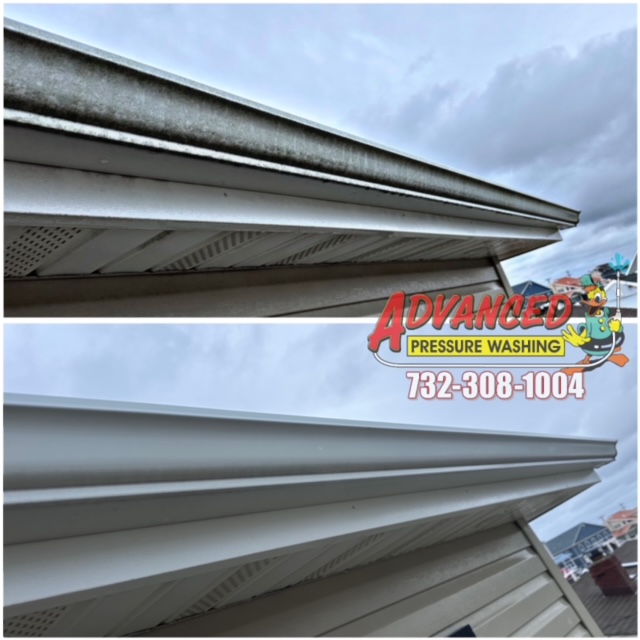
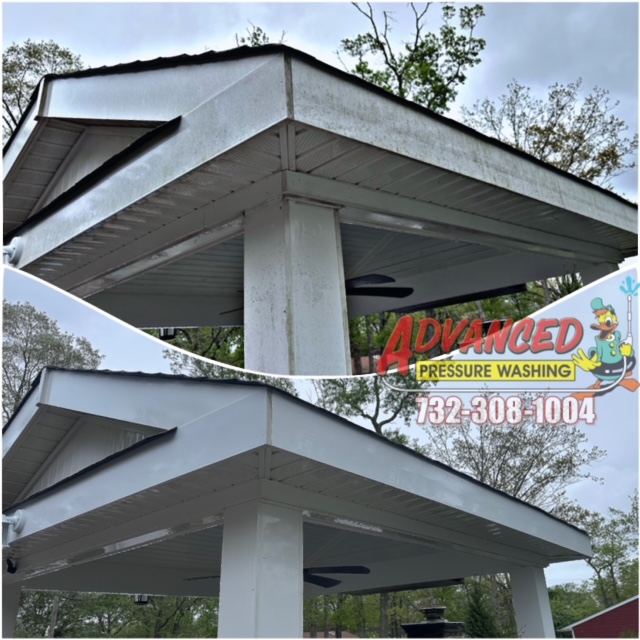
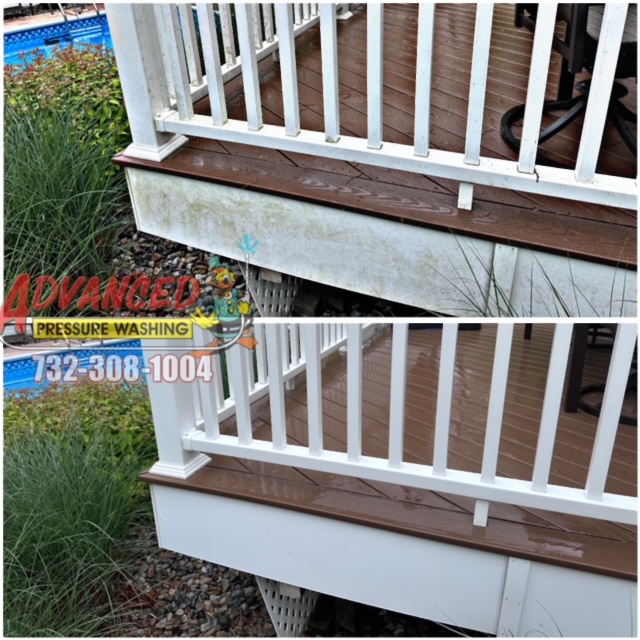
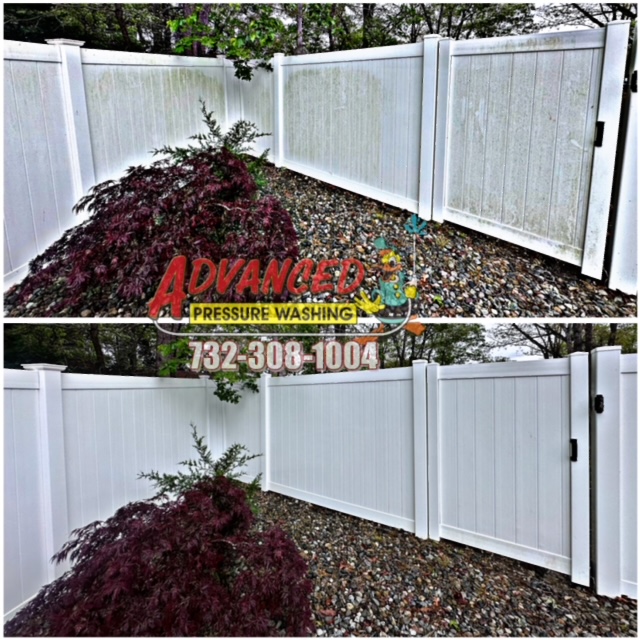
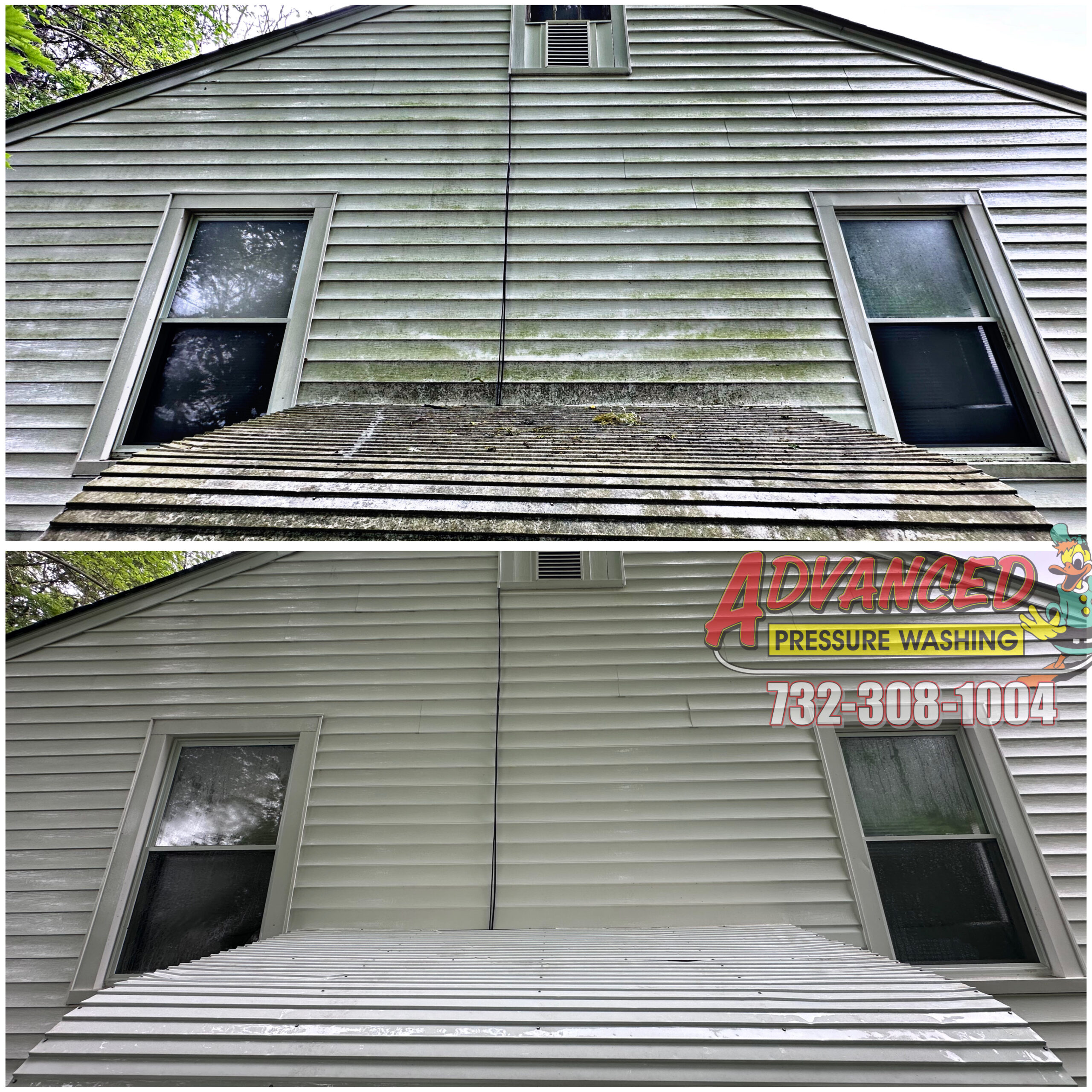
Our Washing Specialties
Roofs
Buildings/Houses
Concrete/Sidewalks
Pavers
Hardscapes
Decks/Patios
Railings/Spindles
Fences
Solar Panels
Paver Resanding and Sealing
have questions about our
soft washing and pressure washing services?
Advanced Air Duct Cleaning has answers
Pressure washing uses high-pressure water to remove dirt, grime, and stains from hard surfaces like driveways, sidewalks, and patios. Soft washing, on the other hand, uses a lower pressure combined with specialized cleaning solutions to gently clean more delicate surfaces such as roofs, siding, and outdoor furniture. Both methods are effective but are applied based on the type of surface being cleaned.
Pressure washing is ideal for cleaning durable surfaces that can withstand high-pressure water, such as concrete driveways, sidewalks, patios, decks, and brick or stone exteriors. It is not recommended for delicate surfaces that could be damaged by the intense pressure.
Soft washing is the preferred method for cleaning surfaces that are more delicate or prone to damage from high pressure. This includes roofs, vinyl siding, stucco, wood paneling, and outdoor furniture. It is also effective for removing organic growth like algae, mold, and mildew without damaging the surface or causing erosion.
Yes, the cleaning solutions used in soft washing are typically eco-friendly and biodegradable. They are designed to be safe for plants, pets, and the environment while effectively removing dirt and organic growth. However, it’s always a good idea to inform the service provider about any specific concerns so they can take extra precautions.
The frequency of pressure or soft washing services depends on various factors, including the local climate, the type of surface, and the level of exposure to dirt and organic growth. Generally, it’s recommended to schedule these services annually or biannually to maintain the cleanliness and longevity of your property’s exterior surfaces. Regular cleaning can help prevent the buildup of grime and extend the lifespan of your surfaces.
